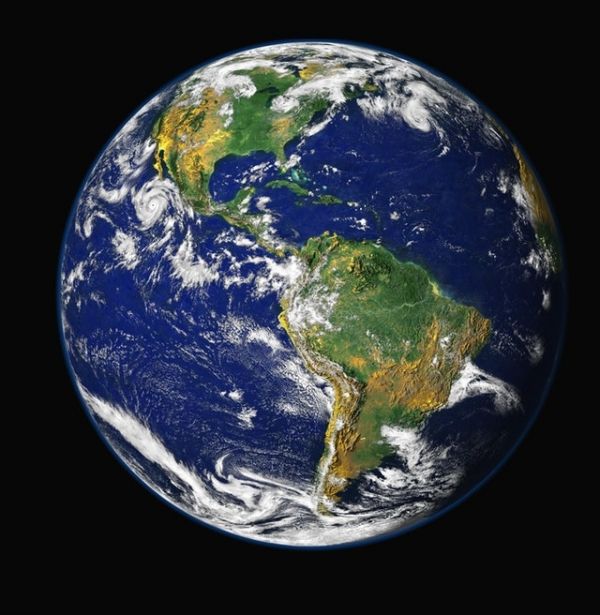An expert research group led by Frank Pattyn - glaciologist at the Free University of Brussels - concludes on the importance to limit global warming by 2100 to 1.5C to maximize the chance of avoiding so-called tipping points that would dramatically accelerate Antarctica and Greenland's mass loss. This new research is published today in Nature Climate Change.
A new assessment, published in Nature Climate Change this Monday, suggests that current predictions of future changes in ice-sheet mass balance in a 1.5C warmer world are questionable. This is due to incomplete understanding of atmospheric circulation changes around Greenland and ocean circulation around Antarctica. However, an expert research group led by Frank Pattyn – glaciologist at the Université libre de Bruxelles - conclude on the importance to limit global warming by 2100 to 1.5C, in order to maximise the chance of avoiding so-called tipping points that would dramatically accelerate Antarctica and Greenland’s mass loss.
Today, sea level rises at a pace of around 4mm per year and is accelerating. The major contributions to this rise are due to ocean expansion, melting glaciers and – becoming increasingly important – melting of the Greenland and Antarctic ice sheets. Those ice sheets are commonly considered as the ‘sleeping giants’ on Earth, as together they can potentially lead to sea-level rise by more than 70 metres over thousands of years.
Continue reading at Free University of Brussels
Image via Pexels, CC0 Creative Commons


